外研(新标准)版 七年级下Revision module B课件(共28张PPT)
文档属性
| 名称 | 外研(新标准)版 七年级下Revision module B课件(共28张PPT) |
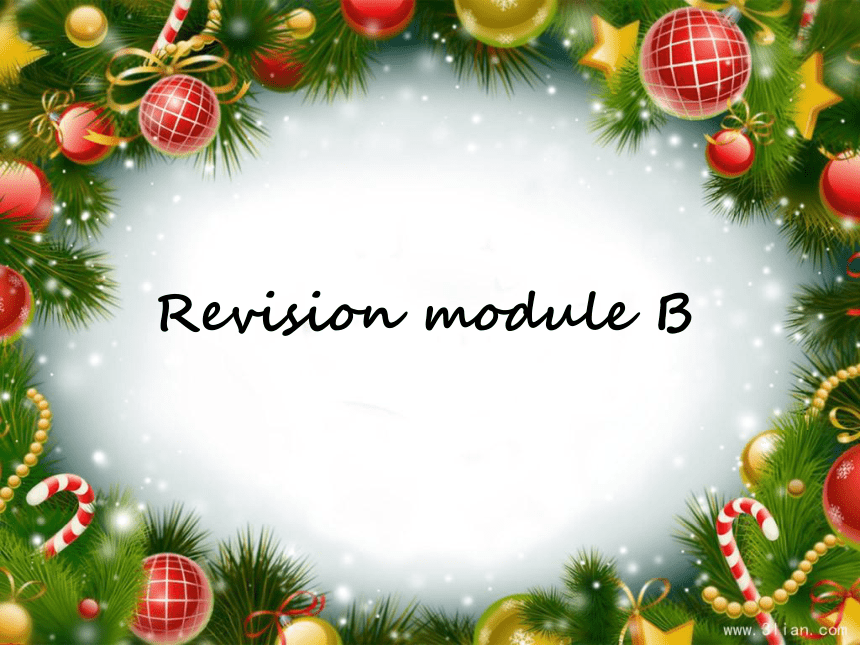
|
|
| 格式 | zip | ||
| 文件大小 | 4.1MB | ||
| 资源类型 | 教案 | ||
| 版本资源 | 外研版 | ||
| 科目 | 英语 | ||
| 更新时间 | 2020-05-07 16:40:21 | ||
图片预览

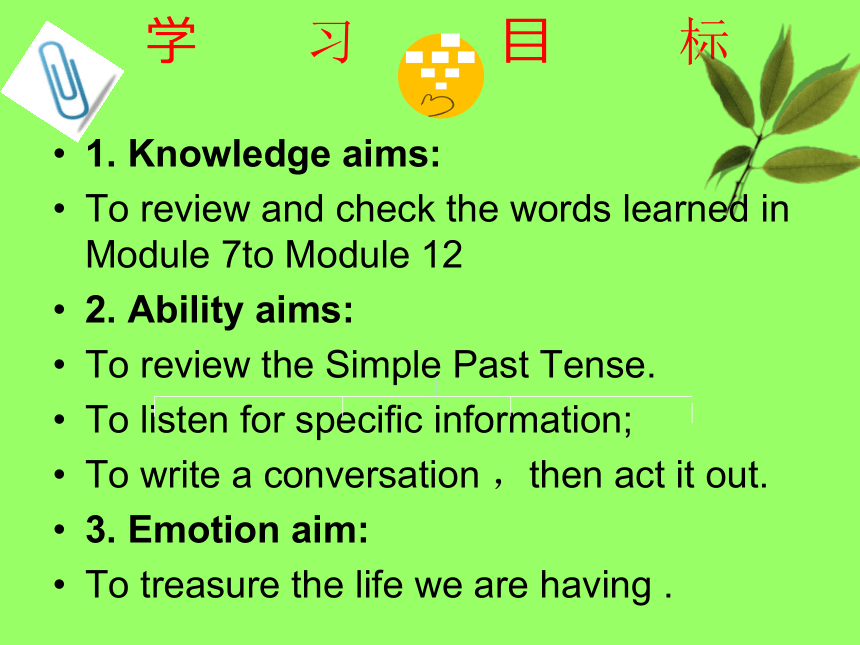

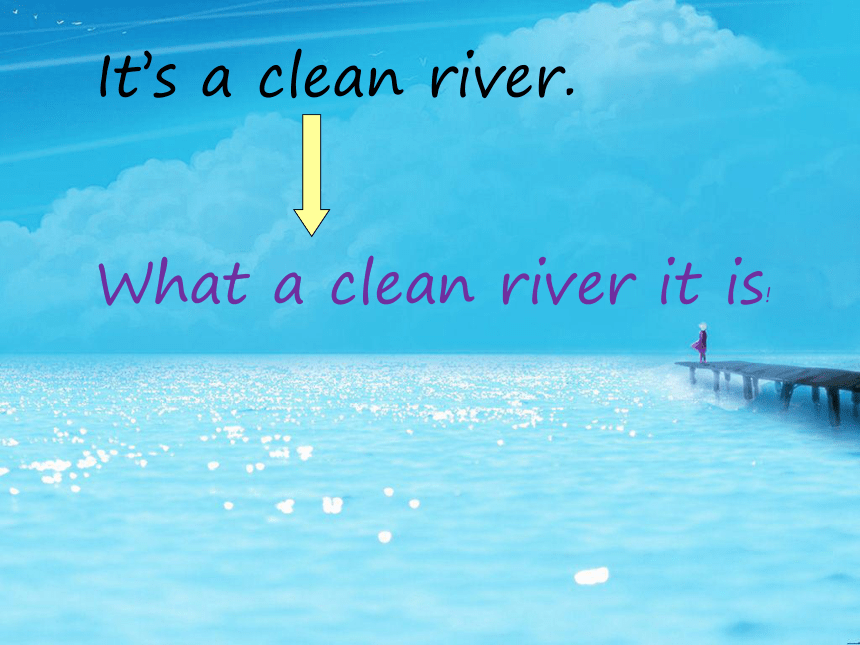
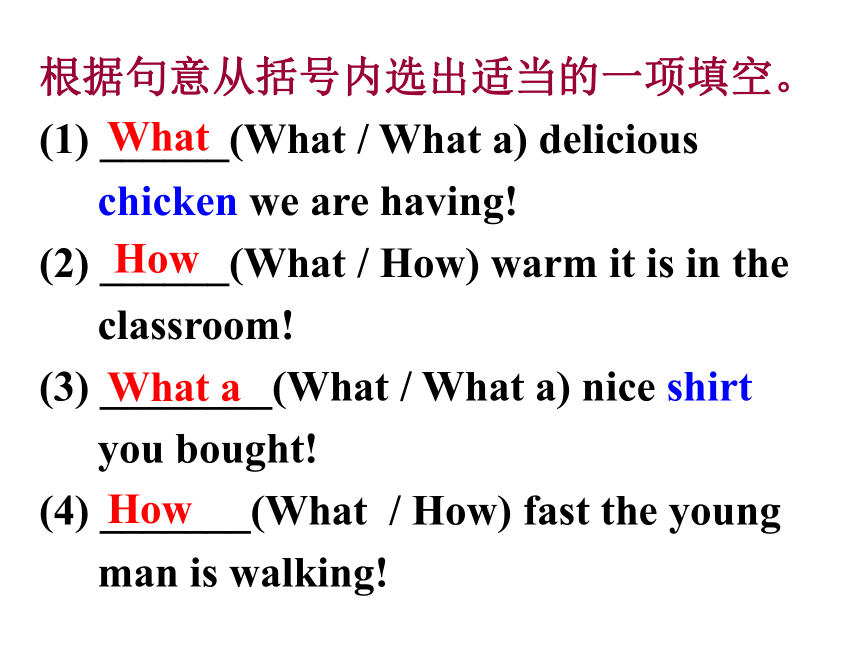
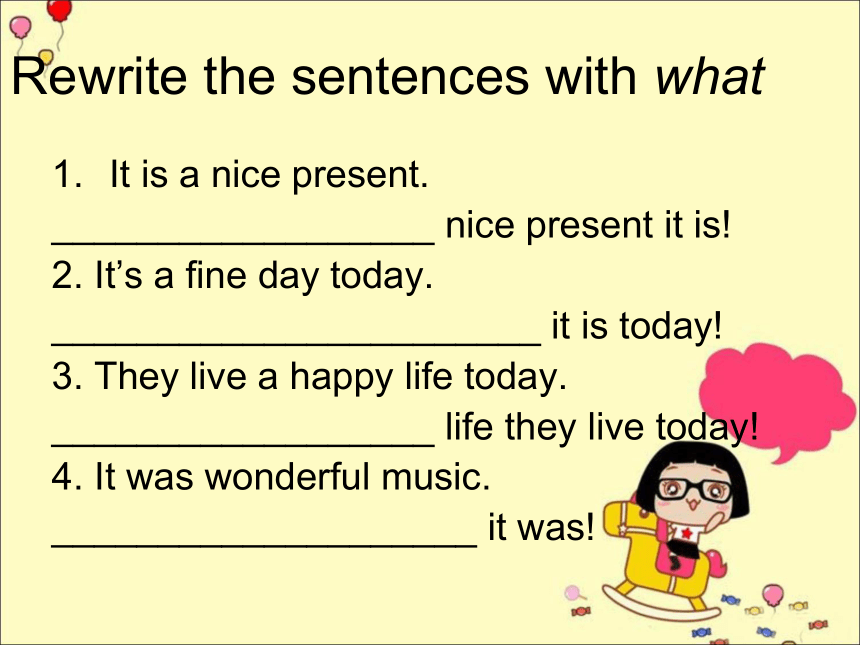
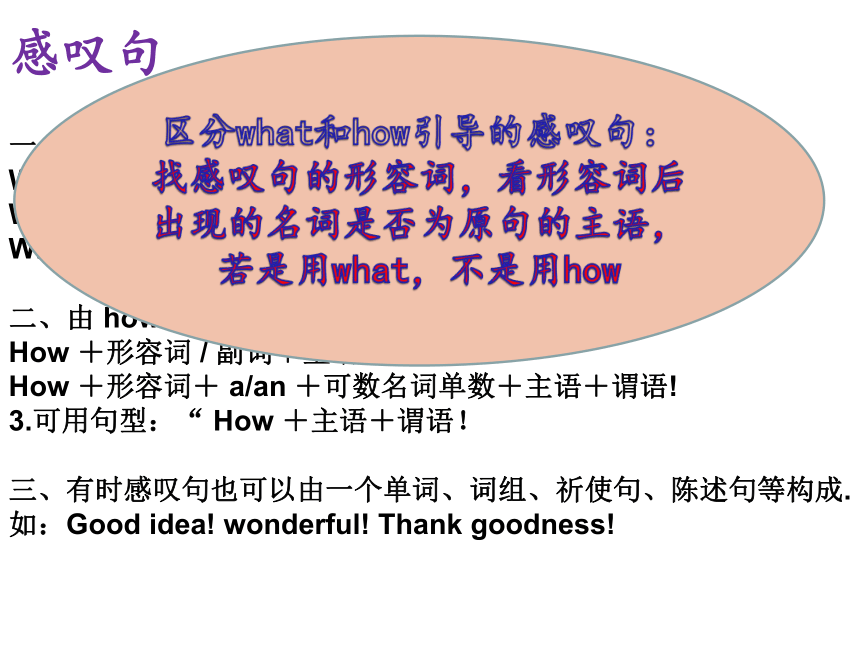
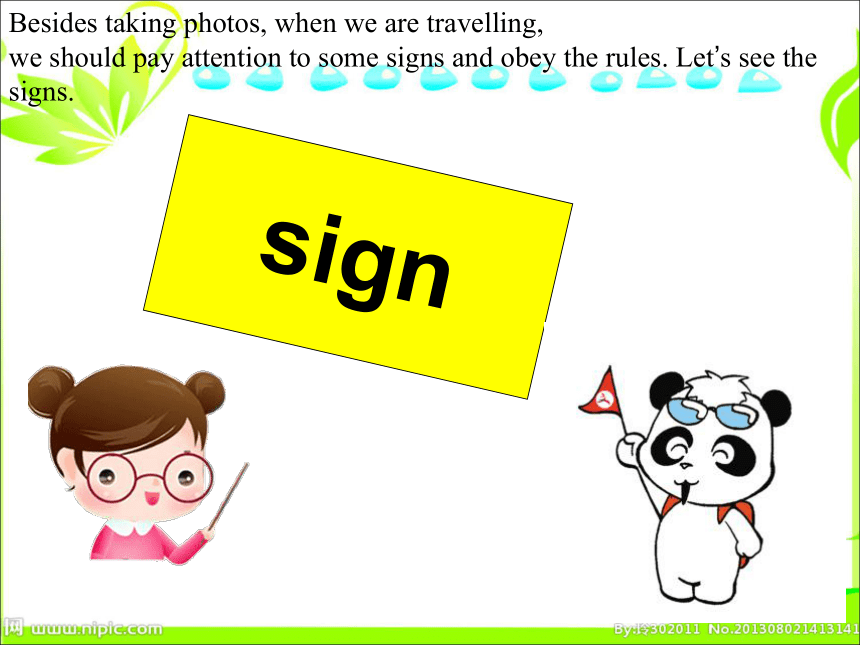
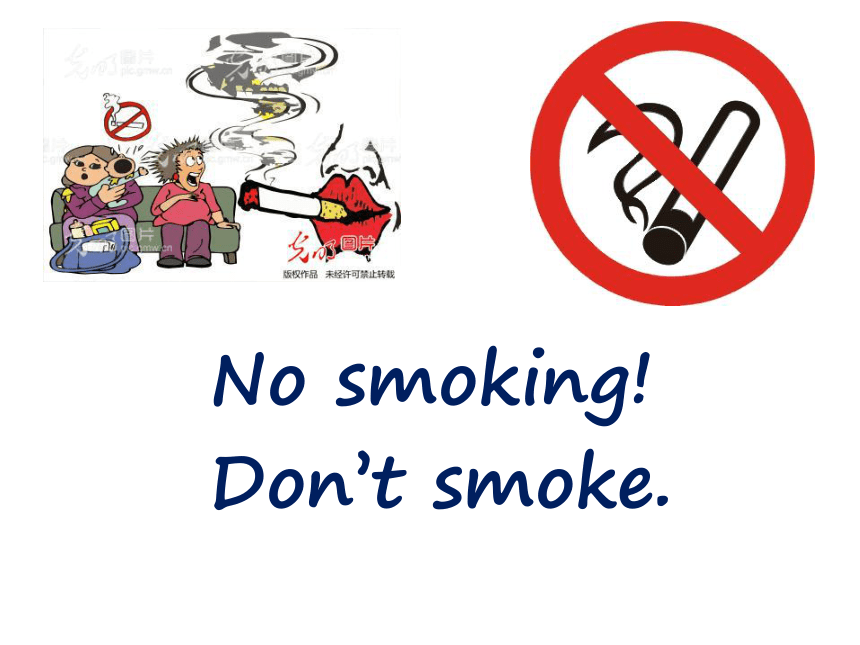
文档简介
(共28张PPT)
Revision module B
学 习 目 标
1. Knowledge aims:
To review and check the words learned in Module 7to Module 12
2. Ability aims:
To review the Simple Past Tense.
To listen for specific information;
To write a conversation ,then act it out.
3. Emotion aim:
To treasure the life we are having .
It’s a nice flower.
What a nice flower it is!
It’s a clean river.
What a clean river it is!
根据句意从括号内选出适当的一项填空。
(1) ______(What / What a) delicious chicken we are having!
(2) ______(What / How) warm it is in the classroom!?
(3) ________(What / What a) nice shirt you bought!
(4) _______(What? / How) fast the young man is walking!
What?
How?
What a?
How ??
Rewrite the sentences with what
It is a nice present.
__________________ nice present it is!
2. It’s a fine day today.
_______________________ it is today!
3. They live a happy life today.
__________________ life they live today!
4. It was wonderful music.
____________________ it was!
感叹句
一、由 what 引导的感叹句, What + a/an +形容词+可数名词单数+主语+谓语!”. What +形容词+可数名词复数+主语+谓语!”. What +形容词+不可数名词+主语+谓语!”.如:
二、由 how 引导的感叹句, How +形容词 / 副词+主语+谓语! How +形容词+ a/an +可数名词单数+主语+谓语! 3.可用句型:“ How +主语+谓语!
三、有时感叹句也可以由一个单词、词组、祈使句、陈述句等构成. 如:Good idea! wonderful! Thank goodness!
sign
Besides taking photos, when we are travelling,
we should pay attention to some signs and obey the rules. Let’s see the signs.
No smoking!
Don’t smoke.
No swimming.
Don’t swim.
No talking!
Don’t talk loudly!
祈使句
定义:祈使句用以表达命令,要求,请求,劝告等。
类型 否定 反意疑问句
V原开头 Don’t + V原 will you?
Let 开头 Let sb. not do sth. Let’s…, shall we?
Let us…, will you?
?1.?____________?(not,make)?any?noise!?Your?mother?is?sleeping.?
2.?____________?(not,?speak)?with?your?mouth?full?of?food and____________?(be)?polite.?
3.?____________?(look)?out!?A?car?is?coming.??
4.?Let’s?____________(not,?say)?anything?about?it.?
5._______(not?read)in?the?sun?because?it’s?bad?for?your?eyes.?
6.?No ____________ (talk)?in?class.?
I think all of you have a good job. You should remember that we should be a good traveler. Don’t draw or write here and there. Don’t throw the rubbish. No picking up the flowers and obey the rules.?
My trip
Pair work
A: What did she do?
B: She went on a trip.
Where Wuhan
When August 8th,2015
How By plane
How long Five days
Simple Past Tense
定义 过去某个时间里发生的动作或状态;过去习惯性、经常性的动作、行为;
基本结构 主语+ V过+其他
时间状语 yesterday, this morning, just now, a moment ago, last night / year / week, once upon a time, in the past…
Irregular verbs
4. Complete the passage with the correct form of the words and expression.
be born become come die find go
like move read travel try write
Hans Christian Andersen was a famous writer of
stories for children. He (1)________ into a poor family in Denmark in 1805. His father (2) ______ when the boy was eleven. Hans (3) _____ a few jobs. Finally, at the age of fourteen, he (4) ________ to the capital of Denmark to work in the theatre. Then he (5)_____ on to study and later he (6)__________
around Europe.
was born
died
tried
moved
went
traveled
His first book (7) _____ out in 1822. He (8)______ many stories for children, but older people also (9) ______ them interesting. Many of his stories (10) _____ very famous, like The Ugly Duckling and The Little Match Girl. People still (11)____ to read them today and they can (12) ____ them in many languages.
came
wrote
found
became
like
read
Writing Time
Write a passage about your
trip before.
When we are writing, we should use some sentences such as: On that day morning, I went…In the afternoon, I visited… This is body. When we describe the body, we should use“W+H”to talk about the details. Do you know “W+H”? Besides body, we should have beginning and ending in our passage. So how can we start a composition? And how can we finish the ending? Please discuss those in groups, and tell me your examples.
Ok, I also prepare for the beginning and ending for you.
On that day morning, I went…
In the afternoon, I visited…
body
how
How long
What
Where
Who
When
beginning
ending
Beginning examples
1.Trips can make people relax, so I like travelling, I want to introduce it to you.
2. Last year, I went to… for vacation. It was unforgettable, Now let me tell you something about it.
3. I visited many places of interest,Now I’ll show you one of experiences to you.
Ending examples
Although the trip was a little tired, I still enjoyed myself.
Travelling can open our mind and make many new friends. Let’s go for a trip together.
This was my trip, how about you?
While writing
organization 行文流畅
handwriting 书写规范
punctuation 标点符号
rich patterns 句式丰富
link words 连接词
grammar 语法:主+V过+其他
Homework
1. All the students finish the exercise, and finish the composition
2. Students A: Write a passage with the Simple Past Tense. (Topic : What happened to Tom?
? ? ? ? ? ? ? ? ? ? B: Write ?at least six sentences with the Simple Past Tense.?
?
Revision module B
学 习 目 标
1. Knowledge aims:
To review and check the words learned in Module 7to Module 12
2. Ability aims:
To review the Simple Past Tense.
To listen for specific information;
To write a conversation ,then act it out.
3. Emotion aim:
To treasure the life we are having .
It’s a nice flower.
What a nice flower it is!
It’s a clean river.
What a clean river it is!
根据句意从括号内选出适当的一项填空。
(1) ______(What / What a) delicious chicken we are having!
(2) ______(What / How) warm it is in the classroom!?
(3) ________(What / What a) nice shirt you bought!
(4) _______(What? / How) fast the young man is walking!
What?
How?
What a?
How ??
Rewrite the sentences with what
It is a nice present.
__________________ nice present it is!
2. It’s a fine day today.
_______________________ it is today!
3. They live a happy life today.
__________________ life they live today!
4. It was wonderful music.
____________________ it was!
感叹句
一、由 what 引导的感叹句, What + a/an +形容词+可数名词单数+主语+谓语!”. What +形容词+可数名词复数+主语+谓语!”. What +形容词+不可数名词+主语+谓语!”.如:
二、由 how 引导的感叹句, How +形容词 / 副词+主语+谓语! How +形容词+ a/an +可数名词单数+主语+谓语! 3.可用句型:“ How +主语+谓语!
三、有时感叹句也可以由一个单词、词组、祈使句、陈述句等构成. 如:Good idea! wonderful! Thank goodness!
sign
Besides taking photos, when we are travelling,
we should pay attention to some signs and obey the rules. Let’s see the signs.
No smoking!
Don’t smoke.
No swimming.
Don’t swim.
No talking!
Don’t talk loudly!
祈使句
定义:祈使句用以表达命令,要求,请求,劝告等。
类型 否定 反意疑问句
V原开头 Don’t + V原 will you?
Let 开头 Let sb. not do sth. Let’s…, shall we?
Let us…, will you?
?1.?____________?(not,make)?any?noise!?Your?mother?is?sleeping.?
2.?____________?(not,?speak)?with?your?mouth?full?of?food and____________?(be)?polite.?
3.?____________?(look)?out!?A?car?is?coming.??
4.?Let’s?____________(not,?say)?anything?about?it.?
5._______(not?read)in?the?sun?because?it’s?bad?for?your?eyes.?
6.?No ____________ (talk)?in?class.?
I think all of you have a good job. You should remember that we should be a good traveler. Don’t draw or write here and there. Don’t throw the rubbish. No picking up the flowers and obey the rules.?
My trip
Pair work
A: What did she do?
B: She went on a trip.
Where Wuhan
When August 8th,2015
How By plane
How long Five days
Simple Past Tense
定义 过去某个时间里发生的动作或状态;过去习惯性、经常性的动作、行为;
基本结构 主语+ V过+其他
时间状语 yesterday, this morning, just now, a moment ago, last night / year / week, once upon a time, in the past…
Irregular verbs
4. Complete the passage with the correct form of the words and expression.
be born become come die find go
like move read travel try write
Hans Christian Andersen was a famous writer of
stories for children. He (1)________ into a poor family in Denmark in 1805. His father (2) ______ when the boy was eleven. Hans (3) _____ a few jobs. Finally, at the age of fourteen, he (4) ________ to the capital of Denmark to work in the theatre. Then he (5)_____ on to study and later he (6)__________
around Europe.
was born
died
tried
moved
went
traveled
His first book (7) _____ out in 1822. He (8)______ many stories for children, but older people also (9) ______ them interesting. Many of his stories (10) _____ very famous, like The Ugly Duckling and The Little Match Girl. People still (11)____ to read them today and they can (12) ____ them in many languages.
came
wrote
found
became
like
read
Writing Time
Write a passage about your
trip before.
When we are writing, we should use some sentences such as: On that day morning, I went…In the afternoon, I visited… This is body. When we describe the body, we should use“W+H”to talk about the details. Do you know “W+H”? Besides body, we should have beginning and ending in our passage. So how can we start a composition? And how can we finish the ending? Please discuss those in groups, and tell me your examples.
Ok, I also prepare for the beginning and ending for you.
On that day morning, I went…
In the afternoon, I visited…
body
how
How long
What
Where
Who
When
beginning
ending
Beginning examples
1.Trips can make people relax, so I like travelling, I want to introduce it to you.
2. Last year, I went to… for vacation. It was unforgettable, Now let me tell you something about it.
3. I visited many places of interest,Now I’ll show you one of experiences to you.
Ending examples
Although the trip was a little tired, I still enjoyed myself.
Travelling can open our mind and make many new friends. Let’s go for a trip together.
This was my trip, how about you?
While writing
organization 行文流畅
handwriting 书写规范
punctuation 标点符号
rich patterns 句式丰富
link words 连接词
grammar 语法:主+V过+其他
Homework
1. All the students finish the exercise, and finish the composition
2. Students A: Write a passage with the Simple Past Tense. (Topic : What happened to Tom?
? ? ? ? ? ? ? ? ? ? B: Write ?at least six sentences with the Simple Past Tense.?
?
同课章节目录
- Module 1 Lost and found
- Unit 1 Whose bag is this?
- Unit 2 Are they yours?
- Unit 3 Language in use
- Module 2 What can you do ?
- Unit 1 I can play the piano
- Unit 2 I can run really fast
- Unit 3 Language in use
- Module 3 Making plans
- Unit 1 What are you going to do at the weekends?
- Unit 2 We're going to cheer the players.
- Unit 3 Language in use
- Module 4 Life in the future
- Unit 1 Everyone will study at home
- Unit 2 Every family will have a small plane.
- Unit 3 Language in use
- Module 5 Shopping
- Unit 1 What can I do for you?
- Unit 2 You can buy everything on the Internet
- Unit 3 Language in use
- Module 6 Around town
- Unit 1 Could you tell me how to get to the Nationa
- Unit 2 The London Eye is on your right.
- Unit 3 Language in use
- Revision module A
- Module 7 My past life
- Unit 1 I was born in a small village.
- Unit 2 I was born in Quincy.
- Unit 3 Language in use
- Module 8 Story time
- Unit 1 Once upon a time….
- Unit 2 Goldilocks hurried out of the house.
- Unit 3 Language in use
- Module 9 Life history
- Unit 1 He left school and began work at the age of
- Unit 2 He decided to be an actor.
- Unit 3 Language in use
- Module 10 A holiday journey
- Unit 1 What did you do?
- Unit 2 This morning we took a walk.
- Unit 3 Language in use
- Module 11 Body language
- Unit 1 They touch noses!
- Unit 2 Here are some ways to welcome them.
- Unit 3 Language in use
- Module 12 Western music
- Unit 1 It's so beautiful!
- Unit 2 Vienna is the centre of European classical
- Unit 3 Language in use
- Revision module B
